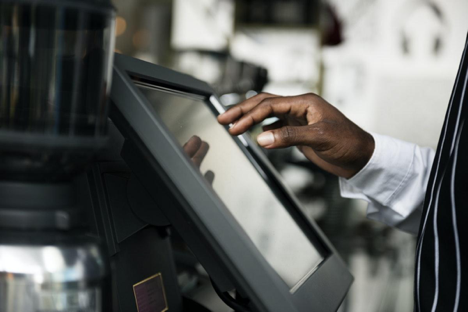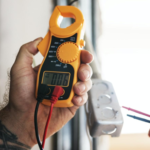
Owning a business can be expensive, so one way that business owners can save money is by purchasing used equipment. Obtaining high-quality equipment at an affordable price can help you stay within budget and complete necessary business functions. Here’s how to purchase, maintain, and preserve your company equipment.
Create a Budget and Outline Your Needs
Establishing a budget for your business products and outlining your needs is the first step. As the Small Business Administration explains, knowing what assets you need and deciding whether to lease or buy is essential.
Leasing involves a long-term rental fee, but this option can involve maintenance service. Buying costs less for the life of the item, but you might be on your own when it comes to repairs and replacement parts. Of course, you can also find great deals on government surplus items, which can save you even more.
Shop for Smaller Items Carefully
Gear like cable labels may seem like a small piece of your overall operation. However, considering that cable labels can improve safety, convenience, and productivity, it’s worth choosing the right products. For example, selecting labels that are specific to hoses and cables and offer supreme durability is essential.
Of course, these types of daily use items are worth investing in. Short-term equipment, on the other hand, may be cheaper to rent than purchase. Think about hiring equipment for one-time projects or even for a string of work assignments. As Forbes explains, using the cost per use formula can help you decide whether an item is a good investment or not.
Hire Professional Technicians for Service
Going the DIY route is ideal for many aspects of small business ownership. But maintaining equipment is generally not one of those unless you have specialized knowledge.
It’s true that hiring out technicians or maintenance teams will cost you up-front. But the value an expert provides is clear: with proper care, you can help your equipment last longer and break down less. Outsourcing or even hiring an in-house expert also saves you time that you can dedicate to other aspects of the operation.
Plus, damaged equipment can cause injury, either to you, your employees, or your customers. In any case, your business is liable for such injuries, so preventing them is key.
More Tips on Saving on Business Supplies
While it won’t save you on up-front expenditures, keep in mind that every item you purchase for your business could qualify for a tax deduction, according to the experts at the Balance. There is a difference between supplies and equipment, and parameters will vary, but talking to a tax professional can help you net a return come tax time.
Keeping appropriate inventory records for both machinery and supplies is also helpful for preserving your company’s assets. Accurate inventory aids in preparing your tax documents and in calculating profit and loss statements for your business.
In general, another money-saving tip is to skip financing on your equipment. Paying cash up-front is usually preferable, though not always possible. Equipment loans are an option, but you should read the fine print and do your research before committing to a deal. Plus, securing financing means additional fees beyond the purchase price of the product, so financing used equipment may not save you much money.
New and innovative products enter the market all the time, as inventions emerge to tackle common business concerns. With a combination of both new and used products, you can outfit your business and preserve your investments, too. Monitoring your finances closely — and thinking before purchasing — helps ensure you’re making the best choice for your business.
Photo via Rawpixel


